Translated by Heiner Fruehauf
National University of Natural Medicine, College of Classical Chinese Medicine
From the Daoist classic, Contemplations by the Huainan Masters (Huainanzi), fl.110 B.C.
![]()
Deviation above will necessarily cause malfunction below. Do not race your heart like a horse, or you will exhaust its energy. Do not fly your heart like a bird, or you will injure its wings. Never frantically move things around just for the sake of seeing what will happen. If you move things around you dislocate them from their proper place. If you will be calm and patient, everything will come to you by itself.
The Dao is never far away, yet it may be hard to reach. It is within every one of us, yet it may be hard to grasp. If we stay clear of desires, the shen will enter its home. If we sweep away all impurities, the shen will stay with us. Human beings all crave intelligence and wisdom, but rarely do we try to understand what the source of their existence is. Alas, intelligence, intelligence−even if you jump over the ocean, it will not just sit there waiting for you! The seeker will be limping behind the one who is without desires. The sage does not seek anything, and thus naturally achieves the state of vacuous understanding.
From the Taoist classic, Guanzi, prior to 200 B.C.
![]()
From Li Ting, A Primer of Medicine (Yixue Rumen), 1575
![]()
The sage regards his/her body like a country: the heart is the ruler, and the jing (material yin essence) and the qi (immaterial yang function) are the citizens. If the heart does not abuse its superior position, if it remains centered and focused on the essential matters, the jing will flourish and the qi will be steady, noxious intruders will always be fought off, the dantian will be full with treasures, and every part of the body landscape will be light and at piece.
From Li Yuheng, Unfolding the Mat With Enlightening Words (Tuipeng Wuyu), Ming dynasty, approximately 16th century
![]()
All of the twelve channel networks obey the orders of the heart. The heart, therefore, is the ruler of the organ networks. Its position is south, its season is summer, and its nature is fire. The heart thus represents the principle that is refered to as the body’s imperial fire (jun huo). Its relationship to the other organs is hierarchical; not only do the twelve channel networks attune their respective qi (functions) to the directives of the heart, but they offer their entire jing (material essences) as tribute to nourish the heart.
The heart, therefore, is the root of life, the seat of shen, the master of blood, the commander of the vessels. This elevated position is due to the omnipresence of shen: shen resides within qi, and qi resides within jing. Only the heart’s jing is always abundant, enabling it to dispatch subordinate shens to the other four zang organs. Only the heart’s qi is always abundant, enabling it to draw the jing of the body into the six fu organs. These are the major functions of the heart.
The heart is connected to the kidney. The classic states: “The heart resides in the vessels. It rules the kidney network, not via a controlling position in the restraining circle of relationship between the organ networks (where the kidney actually restrains the heart), but simply because it is the general master of all organ networks. Before the heart fire can harmoniously blend with the kidney water, however, the kidney water must be sufficient. Otherwise the heart fire will flare out of control, and all kinds of heart and kidney ailments will arise.”
Due to this interdependent relationship between the heart and the kidney, there are two methods of nourishing and protecting the heart: First of all, there is the method of nourishing the heart qi directly, that is via its own channel network. This means: do not burden yourself with depressing thoughts, do not get anxious about future events that may never happen, do not dwell on things that are well in the past−all of these emotions dissipate the brightness of shen. If we overextend our heart we will harm its qi. If this happens, the heart jing will also suffer damage, and the shen, consequently, will lose its abode. If we take a look at the doctrines of Confucius−do not will, do not strive, do not be inflexible, do not be egotistical−and his student Mencius−do not be self-righteous, do not expect things, do not force things−we see that the art of nourishing the heart had already been fully understood during the ancient times of Confucius and Mencius. Even though both masters never said much about medicine, they certainly understood how to nourish the heart.
Secondly, there is the option to foster the heart by nourishing its jing via the kidney network. This means: moderate your sex life and do not lust after women, otherwise your ministerial fire (xiang huo) will flare up und become unstable. If there is no protective maintenance of the kidney, the kidney jing will be harmed. If the kidney jing is harmed, then its qi will also suffer detrimental influences. Water , then, will be unable to restrain fire, yin will be unable to provide shelter to yang, and pathological water qi will enshroud the heart.
This is precisely what Master Xiangchuan meant when he said: “Jing can generate qi, and qi can generate shen; there is nothing greater than a healthy body brimming with ying (jing) and wei (qi)! A practitioner seeking to nourish life must first of all treasure his/her jing. If the jing is plentiful, there will be abundant qi; if qi is abundant, there will be abundant shen; and if shen is abundant, the body will be strong. Finally, if the body is strong, there will be no disease.” The master physician Zhu Danxi (1282-1358), moreover, wrote once: “The kidney is in charge of bracing and storing, the liver is in charge of harmonizing the flow. Both organ systems contain ministerial fire, and at their upper end they are linked to the heart. The heart emperor represents fire−once aroused, it flares up. If the heart’s imperial fire flares up, the ministerial fire will also flare and the jing will naturally wander astray. This shows us that jing is braced by the kidney and activated by the liver, and that leakage of jing is usually initiated by the heart. If one of these networks loses its equilibrium, the other parts will be affected, too.” What Xiangchuan and Danxi express so lucidly here stands representative for the collective warning that the ancient masters of heart nourishment have issued since times immemorial. In sum, if the heart is not properly nourished, it will fall ill; if the kidney is not properly nourished, the heart will also fall ill.
The heart, moreover, is said to be in charge of blood; and blood, that is jing. Under normal circumstances there is a natural surplus of heart qi, but in the unwonted event that jing is harmed and blood is lost, the heart will become deficient. If blood is plentiful, therefore, our shen will be bright, but if the blood becomes exhausted our will power will become weak and muddled. Any situation of excess fire in the body involves a deficiency of blood; and blood deficiency, in turn, diminishes the beneficial functions of fire.
Is it then that these internal excess and deficiency conditions of the heart bear similarities to external imbalances such as fire stagnation or fire pathogens that saturate the atmosphere during certain times of the sixty year cycle of cosmic energy circulation? Indeed, both external and internal imbalances of this nature have to be counteracted by restraining one’s jing to sustain the qi, and by nourishing one’s yin to solidify the shen.
From Shen Jin’ao, Dr. Shen’s Compendium of Honoring Life (Shen Shi Zunsheng Shu), 1773
![]()
All translations © 2008 Heiner Fruehauf
Das Herz: Ansichten aus der Vergangenheit
Von verschiedenen Autoren
Übersetzung von Heiner Frühauf
National University of Natural Medicine, College of Classical Chinese Medicine
Aus dem daoistischen Klassiker, Kontemplationen der Huainan Meister (Huainanzi), ca. 110 v. Chr.
![]()
Abweichung oberhalb wird notwendigerweise eine Funktionsstörung unterhalb verursachen. Hetze Dein Herz nicht wie ein Pferd, oder Du wirst seine Energie erschöpfen. Lasse Dein Herz nicht fliegen wie einen Vogel, oder Du wirst seine Flügel verletzen. Bewege Dinge nicht wild herum, einzig um zu sehen, was geschehen wird. Wenn Du Dinge bewegst, verrückst Du sie von ihrem richtigen Platz. Wenn Du gelassen und geduldig bist, wird alles von selbst zu Dir kommen.
Das Dao ist niemals weit entfernt, gleichwohl es schwer zu erreichen sein mag. Es ist in jedem von uns, gleichwohl es schwer zu ergreifen sein mag. Wenn wir frei von Wünschen bleiben, wird der Shen sein Heim betreten. Wenn wir alle Unreinheiten weg fegen, wird der Shen bei uns bleiben. Die Menschen sehnen sich alle nach Intelligenz und Weisheit, doch nur selten suchen wir zu verstehen, was die Quelle ihrer Existenz ist. Ach, Intelligenz, Intelligenz – selbst wenn Du über den Ozean springst, wird sie nicht einfach dort sitzen und auf Dich warten! Der Suchende wird demjenigen hinter her hinken, der ohne Wünsche ist. Der Weise sucht nicht nach irgendetwas und erreicht naturgemäß den Zustand leeren Verstehens [ultimatives Wissen jenseits starrer Konzepte].“
Aus dem daoistischen Klassiker, Guanzi, vor 200 v. Chr.
![]()
Aus Li Tings, Elementarbuch der Medizin (Yixue Rumen), 1575
![]()
Der Weise betrachtet seinen Körper als einen Staat: das Herz ist der Herrscher und das Jing und das Qi sind die Bürger. Wenn das Herz seine erhabene Position nicht missbraucht, wenn es zentriert und fokussiert bleibt auf die wesentlichen Angelegenheiten, wird das Jing blühen und das Qi ist stabil, schädliche Eindringlinge werden immer abgewehrt, das Dantian ist angefüllt mit Schätzen und jeder Bereich der körperlichen Landschaft wird hell und friedvoll sein.“
Aus Li Yuhengs, Das Entfalten der Matte mit erleuchtenden Worten (Tuipeng Wuyu), Ming-Dynastie, 1570
![]()
Daher ist das Herz die Wurzel des Lebens, der Sitz des Shen, der Meister des Blutes und der Kommandeur der Gefäße. Diese erhabene Position hat ihren Grund in der Allgegenwart des Shen: Shen residiert im Qi und Qi residiert im Jing. Einzig das Jing des Herzens ist immer reichlich vorhanden, was es in die Lage versetzt untergeordnete Shen zu den anderen vier Zang-Organen zu senden. Einzig das Qi des Herzen ist immer reichlich vorhanden, was es in die Lage versetzt, das Jing des Körpers in die sechs Fu-Organe zu lenken. Dies sind die Hauptfunktionen des Herzens.
Das Herz ist mit der Niere verbunden. Der Klassier [Neijing] bemerkt: ‚Das Herz residiert in den Gefäßen. Es herrscht über das Nierennetzwerk, jedoch nicht über eine kontrollierende Position im Einhalt gebietendem Zyklus der Beziehungen zwischen den Organnetzwerken [in dem tatsächlich die Niere dem Herz Einhalt gebietet], sondern schlicht weil es der Generalkommandeur aller Organnetzwerke ist. Bevor das Herz-Feuer sich jedoch harmonisch mit dem Nieren-Wasser verbinden kann, muss das Nieren-Wasser hinreichend vorhanden sein. Ist dies nicht der Fall, wird das Herz-Feuer außer Kontrolle geraten und alle Arten von Herz- und Nierenleiden werden auftreten.’
Aufgrund dieser verflochtenen Beziehung zwischen dem Herzen und der Niere, gibt es zwei Methoden das Herz zu nähren und zu beschützen: Erstens gibt es die Methode, das Herz-Qi direkt zu nähren, d. h. über sein eigenes Leitbahnnetzwerk. Dies bedeutet: belaste Dich nicht mit bedrückenden Gedanken, sei nicht besorgt über zukünftige Ereignisse, die möglicherweise niemals stattfinden, halte nicht an Dingen fest, die in der Vergangenheit richtig waren – all diese Emotionen zerstreuen den Glanz des Shen. Wenn wir unser Herz überstrapazieren, werden wir sein Qi schädigen. Wenn dies geschieht, wird auch das Jing Schaden nehmen und der Shen wird konsequenterweise seine Wohnstatt verlieren. Wenn wir einen Blick auf die Doktrin des Konfuzius werfen (wolle nicht, strebe nicht, sei nicht unbeugsam, sei nicht egoistisch) und auf die seines Schülers Mencius (sei nicht selbstgerecht, erwarte nichts, erzwinge nichts), sehen wir, dass die Art und Weise das Herz zu nähren schon während der Zeiten von Konfuzius und Mencius völlig verstanden worden war. Selbst obwohl beide Meister nicht viel zur Medizin gesagt haben, wussten sie mit Sicherheit darum, wie das Herz zu nähren ist.
Zweitens gibt es die Option, das Herz zu hegen und zu pflegen, indem man sein Jing über das Nierennetzwerk nährt. Dies bedeutet: mäßige Dein Sexualleben, giere nicht nach Frauen, andernfalls wird Dein ministerielles Feuer (xiang huo) auflodern und instabil werden. Gibt es keinen schützenden Erhalt durch die Nieren, wird das Jing der Nieren geschädigt. Wenn das Nieren-Jing geschädigt ist, wird das Qi ebenfalls unter schädigenden Einflüssen leiden. Das Wasser wird dann nicht mehr in der Lage sein, dem Feuer Einhalt zu gebieten, das Yin bietet dem Yang keine Zuflucht mehr und pathologisches Wasser-Qi wird das Herz einhüllen.
Dies ist genau das, was Meister Xianchuan meinte, als er sagte: ‚Jing kann Qi hervorbringen und Qi kann Shen erzeugen; es gibt nichts Größeres als einen gesunden Körper, der übersprudelt vor Ying [Jing] und Wei [Qi]! Ein Praktizierender, der danach trachtet, das Leben zu nähren, muss zu allererst sein Jing hegen. Ist Jing im Überfluss vorhanden, gibt es reichlich Qi; wenn es reichlich Qi gibt, gibt es Shen im Übermaß und ist Shen im Übermaß vorhanden, wird der Körper stark sein. Und schließlich gibt es, ist der Körper stark, keine Erkrankung.’ Der Meisterarzt Zhu Danxi (1282-1358) schrieb darüber hinaus einmal: ‚Die Niere hat die Verantwortung zu verankern und zu speichern, die Leber ist verantwortlich für den harmonischen Fluss. Beide Organsysteme enthalten ministerielles Feuer und sind an ihrem oberen Ende mit dem Herzen verbunden. Der Herz-Kaiser repräsentiert das Feuer – einmal entzündet, beginnt es aufzulodern. Wenn das imperiale Feuer des Herzen zu lodern beginnt, lodert auch das ministerielle Feuer und das Jing wird naturgemäß vom Wege abkommen. Dies zeigt uns, dass das Jing von der Niere verankert und von der Leber aktiviert wird, und dass ein Aus- und Verströmen des Jing gewöhnlich vom Herzen ausgeht. Wenn eines dieser Netzwerke sein Gleichgewicht verliert, werden auch alle anderen Bereiche beeinträchtigt!’ Was Xianchuan und Danxi hier so klar formulieren, steht für die kollektive Warnung, die die Meister der Herznährung seit undenklichen Zeiten aussprechen. Mit einem Wort: wenn das Herz nicht richtig genährt wird, wird es krank; wenn die Niere nicht richtig genährt wird, wird das Herz ebenfalls krank.
Ist es nun so, dass diese inneren Fülle- und Mangelzustände des Herzens Ähnlichkeit haben mit den äußeren Unausgewogenheiten wie Feuer-Stagnationen oder Feuer-Pathogenen, die die Atmosphäre während bestimmter Zeiten des 60-jährigen Zykluses der kosmischen Zirkulation durchziehen? In der Tat, sowohl äußeren als auch inneren Unausgewogenheiten dieser Natur muss entgegengewirkt werden, indem man das eigene Jing in Schranken hält, um das Qi zu stützen, und indem man das eigene Yin nährt, um den Shen zu festigen.“
Aus Shen Jin’aos, Dr. Shens Kompedium ehrenhaften Lebens (Shen Shi Zusheng Shu), 1773
![]()
Alle Übersetzungen © 2009 Heiner Frühauf
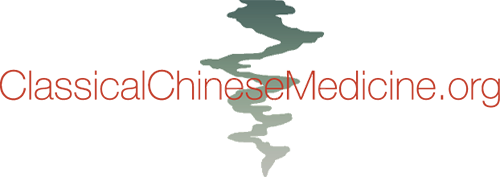
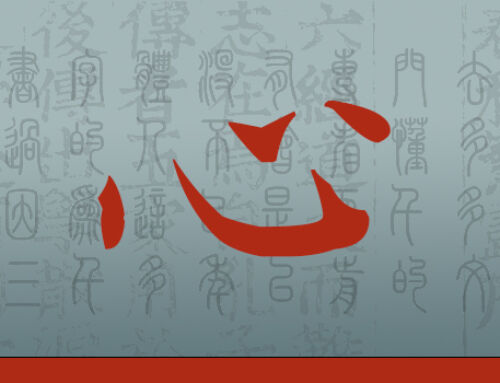
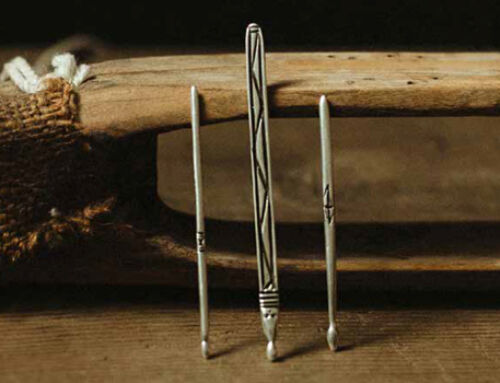
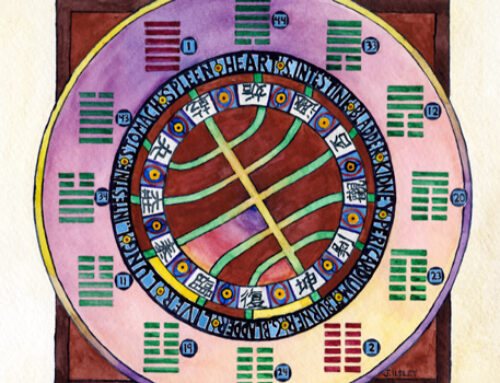
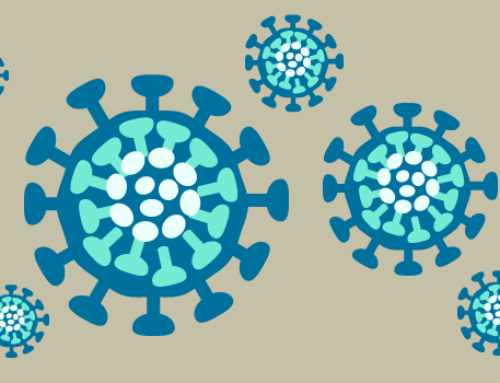
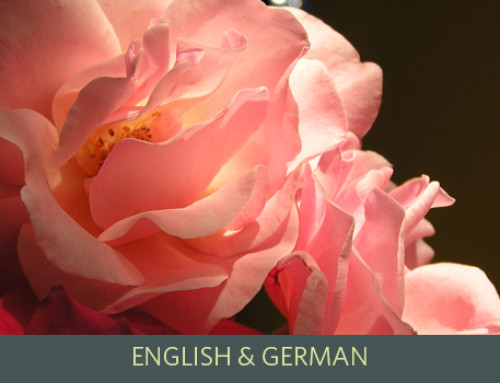
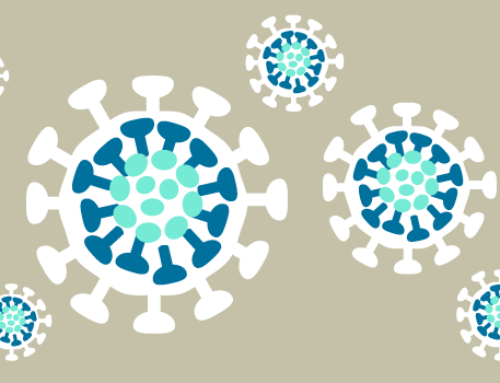
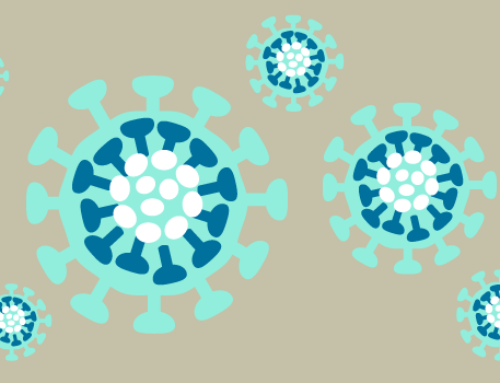
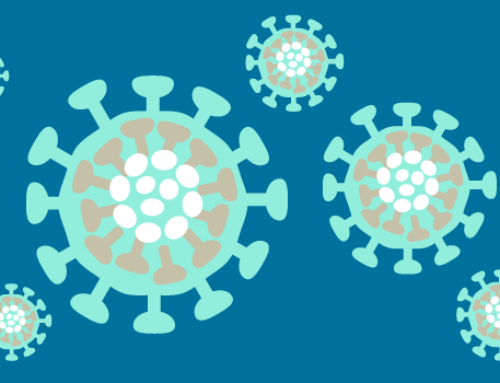
These translations were originally completed 15 years ago as part of an ITM project about the 5 major (zang) organ networks of Chinese medicine. I have since done much research about the deeper aspects of the 12 organ networks (initial results of which can be accessed in video lecture form in the Associates Forum member area of this website). Hopefully, one day this work on the physiology and pathology of the Chinese organ systems will become mature enough to be worthy of publication. Until then, I find that these translations are the most significant part of my contribution to the original project 15 years ago.
Is it missing some parts? The texts on ITM online are longer.
beautiful! thank you.
I am inspired and thank you for your work and translations Heiner.
Fantastic work as usual. Thanks for all that you share.